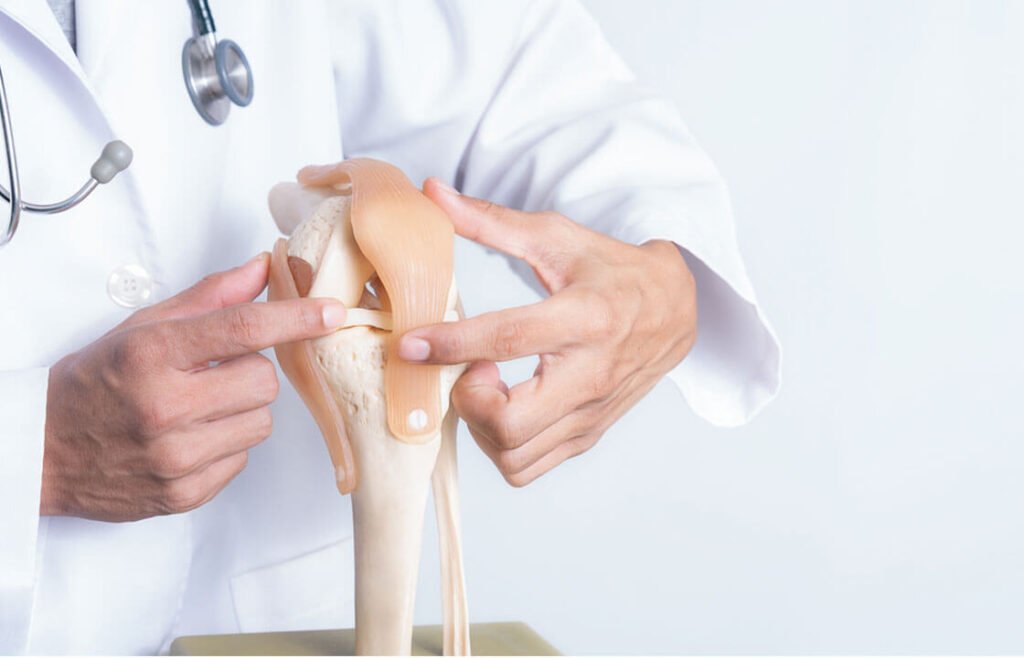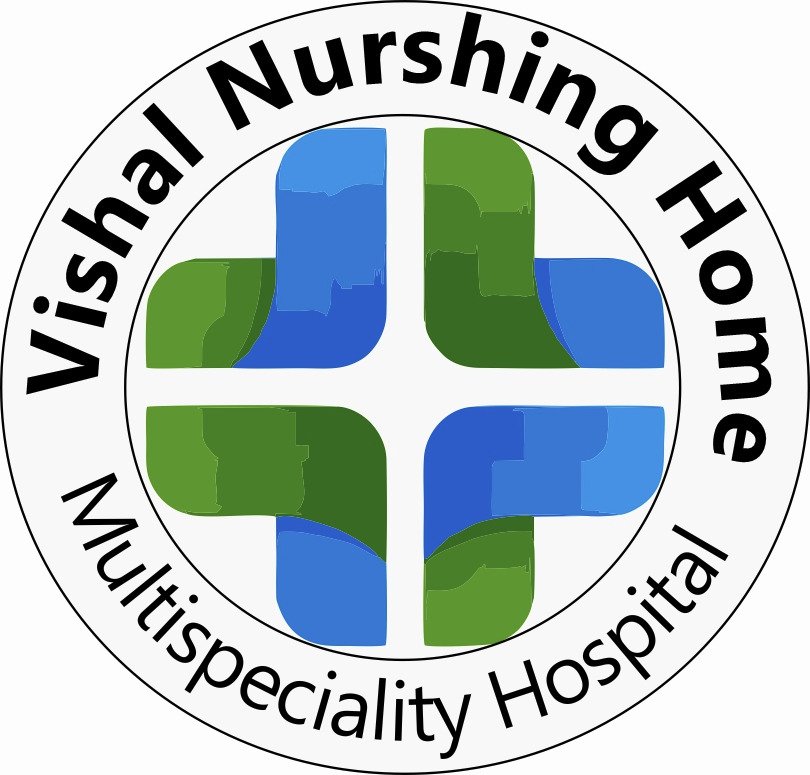An orthopedist (or orthopedic surgeon) is a medical doctor who specializes in diagnosing, treating, and preventing disorders of the musculoskeletal system, which includes bones, joints, muscles, tendons, ligaments, and nerves. They treat a wide range of conditions that affect movement and the structure of the body, whether caused by injury, disease, or congenital conditions.

Key Areas of Orthopedics:
- Bones: Fractures, bone infections, osteoporosis, and conditions like arthritis that affect the bones.
- Joints: Issues like arthritis (osteoarthritis, rheumatoid arthritis), joint dislocations, and ligament tears (e.g., ACL injuries).
- Muscles: Muscle strains, sprains, and muscle diseases (e.g., muscular dystrophy).
- Tendons and Ligaments: Injuries such as tendonitis, sprains, or tears (e.g., rotator cuff injuries).
- Nerves: Conditions like carpal tunnel syndrome, nerve compression, or sciatica.
- Spine: Disorders such as herniated discs, scoliosis, or spinal stenosis.
- Pediatric Orthopedics: Conditions affecting the musculoskeletal system in children, such as hip dysplasia or clubfoot.
Common Conditions Treated by Orthopedic Surgeons:
- Fractures: Broken bones from trauma or accidents.
- Arthritis: Inflammation of the joints, causing pain, stiffness, and swelling. Osteoarthritis and rheumatoid arthritis are common forms.
- Sports Injuries: Tears, strains, and sprains in muscles, ligaments, and tendons due to physical activity or sports.
- Back and Spine Disorders: Including herniated discs, scoliosis, spinal stenosis, and sciatica.
- Joint Disorders: Conditions like osteoarthritis, rheumatoid arthritis, or gout affecting joints in the knees, hips, shoulders, and hands.
- Ligament and Tendon Injuries: Like torn ACLs, rotator cuff tears, or Achilles tendon injuries.
- Bone Deformities: Such as scoliosis (curvature of the spine) or congenital hip dysplasia.
- Osteoporosis: Weakening of the bones, often due to age, which increases the risk of fractures.
- Musculoskeletal Infections: Such as bone infections (osteomyelitis) or joint infections.
Common Procedures Performed by Orthopedic Surgeons:
- Fracture Repair: Surgical procedures to realign and stabilize broken bones using plates, screws, or pins.
- Arthroscopy: A minimally invasive procedure where a small camera is inserted into a joint to diagnose and sometimes treat problems (e.g., torn cartilage or ligament damage).
- Joint Replacement: Surgical replacement of a damaged joint, such as in knee or hip replacements.
- Spinal Surgery: Procedures like spinal fusion, laminectomy, or discectomy for treating back problems like herniated discs or spinal stenosis.
- Ligament Reconstruction: Surgery to repair or reconstruct torn ligaments (e.g., ACL reconstruction in the knee).
- Tendon Repair: Surgery to repair torn or ruptured tendons (e.g., rotator cuff surgery).
When to See an Orthopedic Surgeon:
- Injuries: If you have an injury involving broken bones, torn ligaments, or dislocated joints.
- Chronic Pain: Persistent pain in the back, neck, knees, shoulders, or hips that doesn’t improve with rest or medications.
- Limited Mobility: Difficulty moving a joint, muscle, or limb due to stiffness, swelling, or weakness.
- Arthritis Symptoms: Joint pain, swelling, and stiffness, especially in weight-bearing joints like the knees or hips.
- Sports-Related Issues: Chronic injuries or recurring problems from sports or physical activity, such as tendonitis or ligament sprains.
- Spine Problems: Persistent back pain, numbness, tingling, or weakness in the legs, especially if it’s associated with an injury or herniated disc.
Training for Orthopedic Surgeons:
- Medical School: Like all physicians, orthopedic surgeons first complete medical school, which typically takes 4 years.
- Residency: After medical school, they undergo a 5-year residency program in orthopedic surgery, which includes hands-on training in surgery, patient care, and different subspecialties.
- Fellowship (optional): Some orthopedic surgeons pursue fellowship training in a specific area, such as sports medicine, spine surgery, pediatric orthopedics, or joint replacement.
Orthopedic surgeons work in hospitals, private practices, sports teams, rehabilitation centers, and academic settings. They often collaborate with physical therapists, rheumatologists, and pain management specialists to provide comprehensive care for musculoskeletal disorders.
